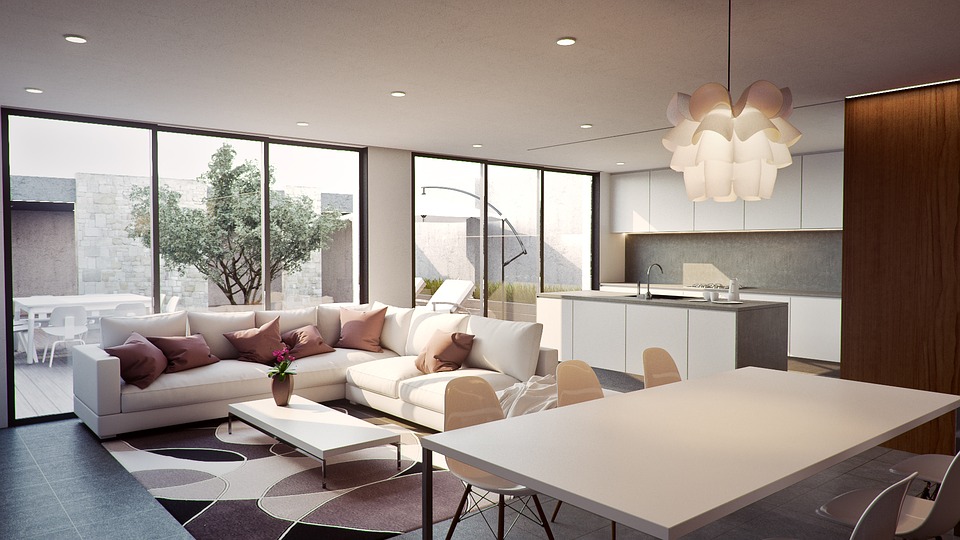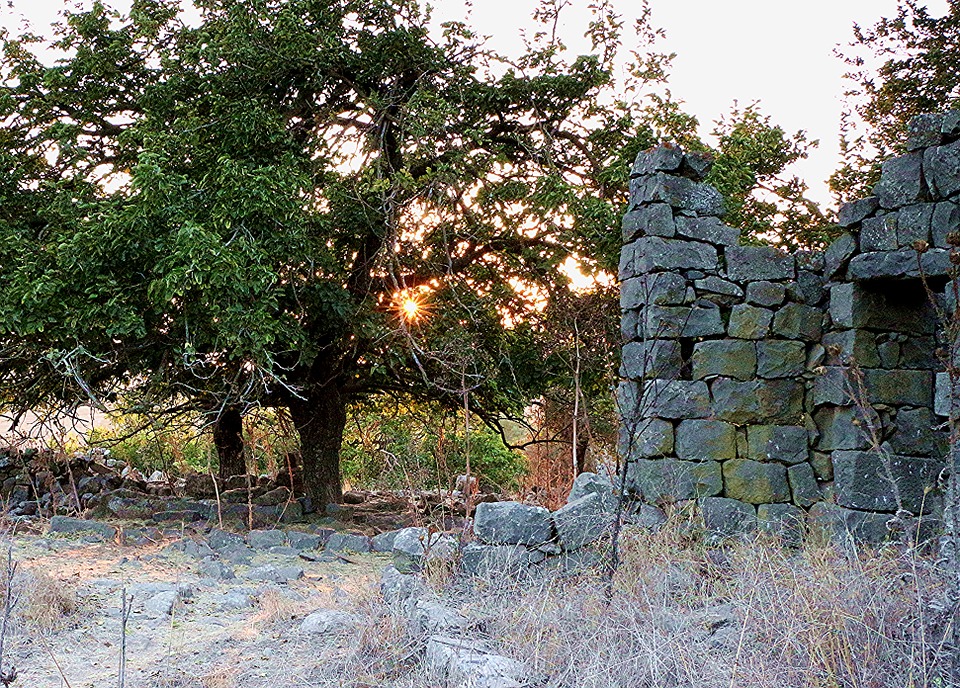
Lands Tribunal – Variation of Right of Access.
Date: 03/02/2016 | Real Estate
The recent Lands Tribunal case of Andrew and Anabella Yule v Michael Tobert considered an application to vary a title condition to restrict an unrestricted right of access, under s98 of the Title Conditions (Scotland) Act 2003 (the “2003 Act”), so that it could be used for residential purposes only.
Background.
The case centred around two neighbouring properties in St. Andrews that had once formed part of the same property until they were separated in 1922. The title condition provided the benefited property with an unrestricted right of access along the area to the side of the burdened property, leading into a small courtyard and garden which ran between the properties. There was also parking provided at the foot of the garden, for use by the benefited property. This right of access was created in 1985. Mr and Mrs Yule (“the Applicants) became the owners of the burdened property in 1999.
In January 2012, Mr Tobert (“the Respondent”) applied for planning permission in order to build a single storey classroom intended to be used as Montessori nursery school. This application was initially refused, on grounds of conservation and increased localised congestion, as it included the provision of parking for the staff at the nursery school within the parking at the foot of the garden. A fresh application for planning permission was submitted by the Respondent in July 2013, with the provision of a travel plan included in order to provide alternative access and parking facilities in the town. Following this, planning permission was granted, with the express condition that the southern right of access that ran alongside the burdened property, along with the car parking spaces, would not be used by the staff or parents of the attending children of the school.
Construction of the school was completed in February 2015, after which the Respondent made a fresh application to the Council to vary the planning condition that disallowed the car park to be used by nursery school staff, arguing that there would be very little disturbance to amenity by teachers accessing the nursery.
As a result of this, the Applicants brought their case to the Lands Tribunal to seek restriction of the right of access to residential use only.
The Tribunal.
The application to the Lands Tribunal was made on 6 May 2015, before the decision as to planning permission with regards parking for the nursery school, which was in the end refused. This meant that at the time of the application, the planning outcome was uncertain.
The Lands Tribunal took consideration of the history of the properties, and the factors laid out within s100 of the 2003 Act, including the character of the benefited property, who used the right of access, how it had been used previously, and what effect increased use of the right of access would have on the enjoyment of the burdened property by the owners.
The Decision.
The interesting point in this case is that by the time decision a was made by the Tribunal, planning permission for the use of the car park by school staff had been refused, on the basis that intensification of use would be detrimental to road safety, and that it would have an unacceptable detrimental impact on the residential amenity of the residents of the burdened property in terms of loss of privacy, noise and disruption. An appeal to the Scottish Ministers against this decision was also refused. It was not perceived that there was any real prospect of this decision being overturned. A number of the arguments were stated with regards to the benefit of the benefited property and the coinciding burden upon the burdened property was therefore redundant.
The Tribunal concluded that if planning permission had been granted, it would have found the burden upon the burdened property to be significant. However, while the Tribunal admitted that it would have been prepared to vary the title condition had planning permission been granted, this was no longer a live issue, and therefore a decision on the basis of this did not need to be made. Given these circumstances, the application was refused.
Comments.
In this particular case, the Tribunal did not consider it necessary to restrict the right of access due to the planning restriction. However, while it was seen to be unlikely that any new planning application on this basis would be successful, it is open to the owners of the benefited property to submit a further planning application in the future.
It is also worth noting that despite this having been an unrestricted right of access, the Tribunal will clearly consider restricting such a right, depending on the particular circumstances involved.




















































































